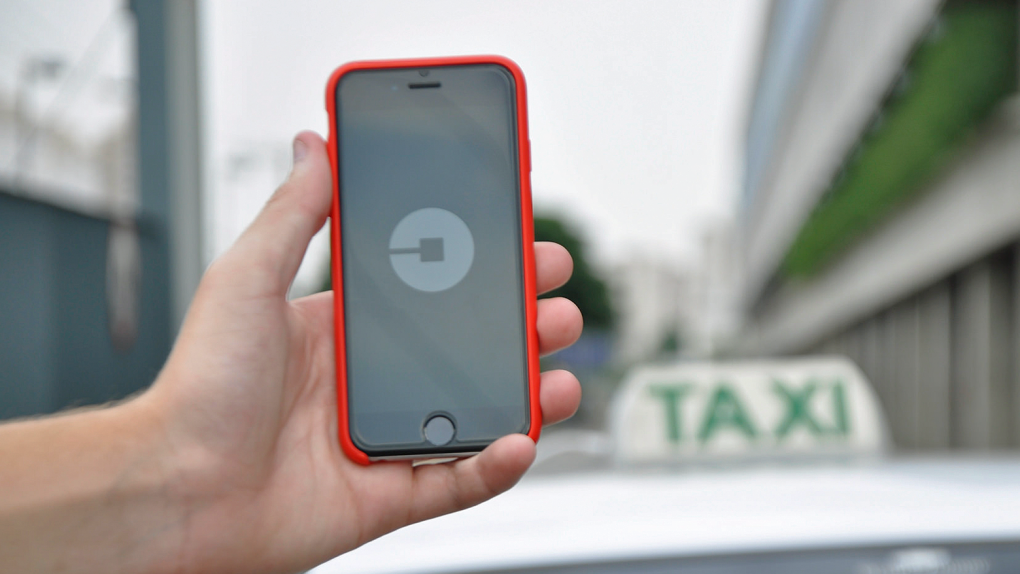A new NYT report sheds light on how Uber, a transportation company that has recently become a scandal machine, has been evading government enforcement agencies in cities where it is illegal. According to the report, Uber uses a variety of methods, including human inspection of logs and stalking social media, to identify accounts being used by government officials.
Once it identifies those accounts, it adds them to a tool called “Greyball.” Once those government officials open up a greyballed account, the Uber app shows them a screen full of phantom cars, or no cars at all. That means the officials can’t summon a real Uber car, and subsequently can’t give the driver a fine.
In other words, it’s an explicit tool to help Uber’s drivers evade enforcement. Uber’s disdain for the law and local regulations is well known, but the revelation about repeated, calculated attempts to dodge officials is a whole new level for the firm.
What really stands out are the lengths that Uber employees went to in order to identify officials:
Techniques included looking at the user’s credit card information and whether that card was tied directly to an institution like a police credit union.
Enforcement officials involved in large-scale sting operations to catch Uber drivers also sometimes bought dozens of cellphones to create different accounts. To circumvent that tactic, Uber employees went to that city’s local electronics stores to look up device numbers of the cheapest mobile phones on sale, which were often the ones bought by city officials, whose budgets were not sizable.
In all, there were at least a dozen or so signifiers in the VTOS program that Uber employees could use to assess whether users were new riders or very likely city officials.
Uber collects a scary amount of data on individual riders, which can border on creepy if misused. Uber reportedly has a “God Mode” that lets employees view all active rides and drivers on a large map, which has been highlighted for abuse before. That’s without considering that Uber is digging through individual credit card records or movement patterns.
The revelations come at a bad time for Uber, which is currently battling a backlash against sexual harassment among its engineers, and a leaked video of CEO Travis Kalanick arguing with a driver over fare cuts.










